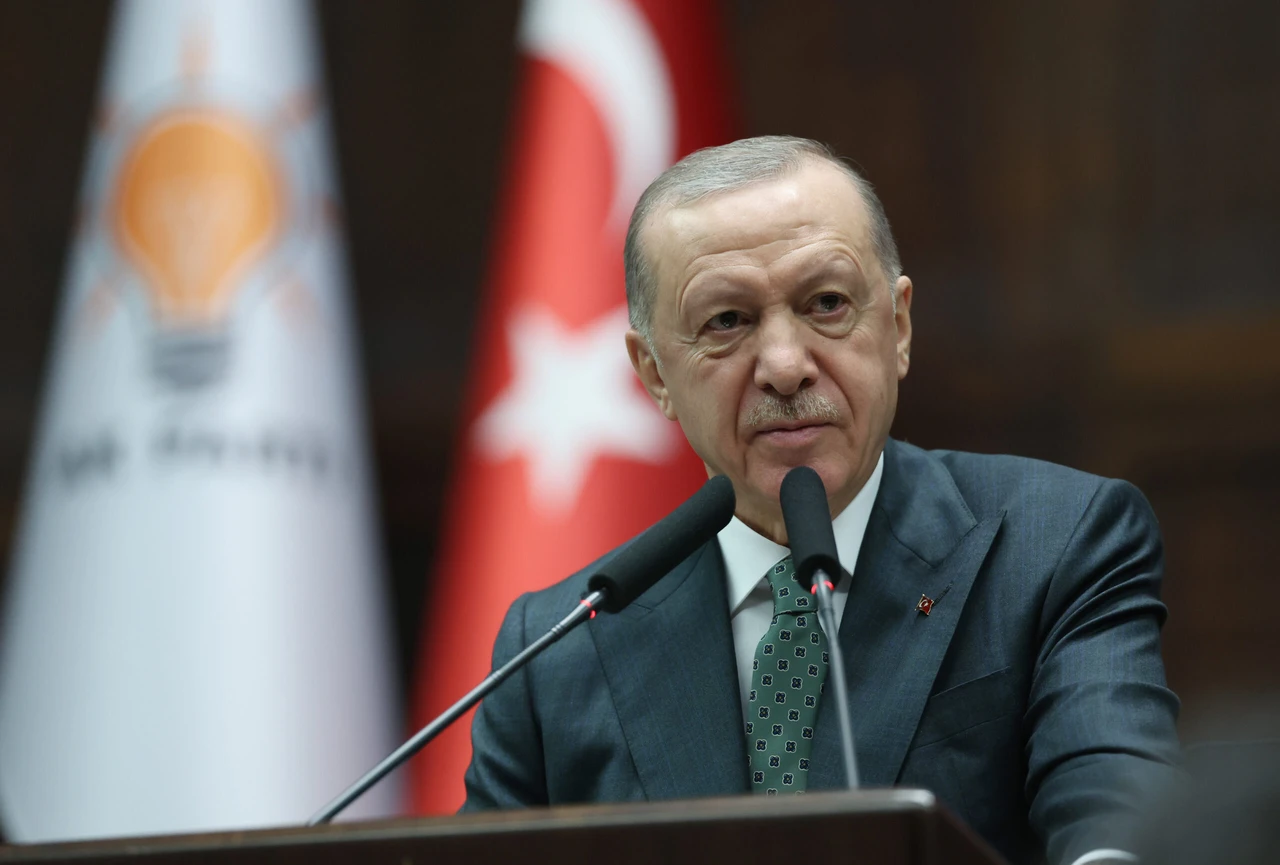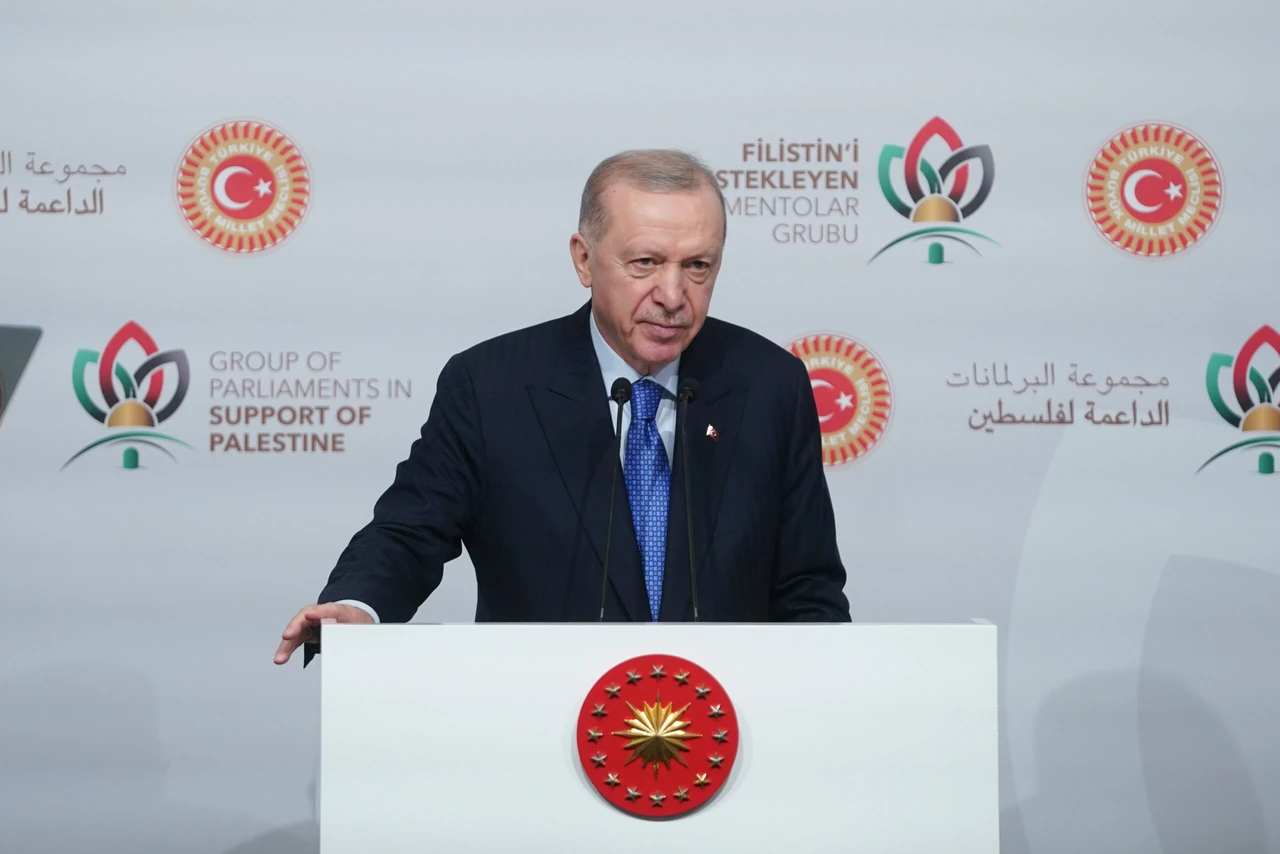Belarusian opposition leader calls for election boycott
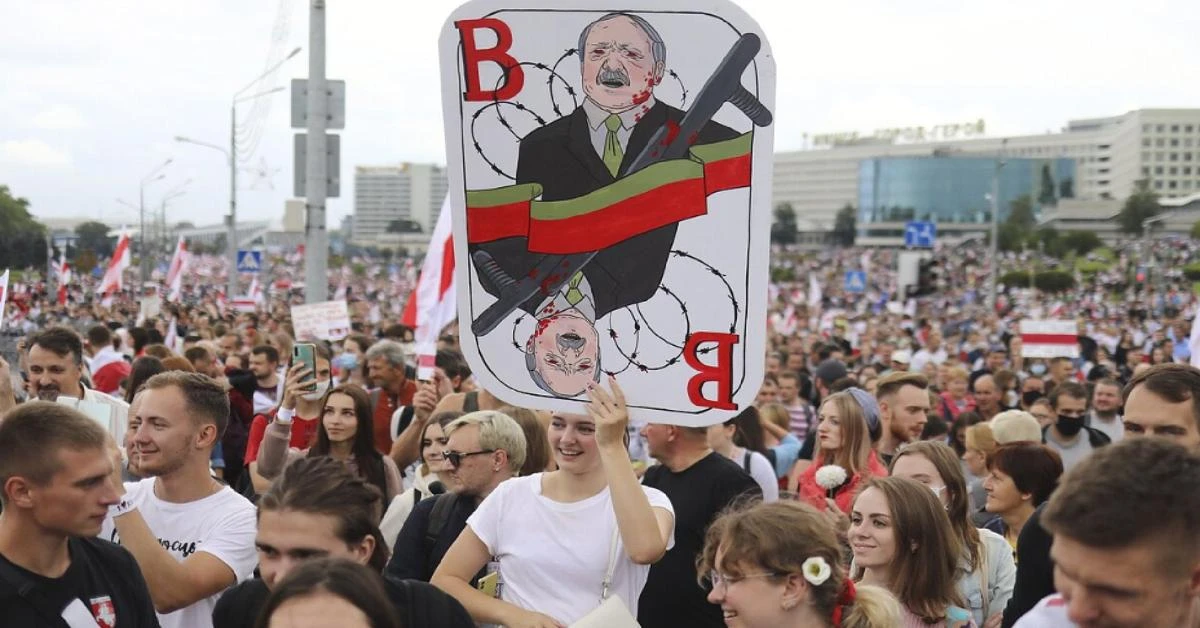
President Alexander Lukashenko, in power in Belarus for almost 30 years, plans to run for reelection next year. He claims Western powers are trying to use the election to destabilize the country.
Sunday’s closely monitored parliamentary and local elections in Belarus are expected to solidify the authoritarian grip of the nation’s leader, despite a prominent opposition figure’s appeal for a boycott.
President Alexander Lukashenko, who has wielded power in Belarus for nearly three decades, declared his intention to seek reelection next year. He alleges that Western powers are seeking to exploit the electoral process to undermine his administration and sow instability in the country of 9.5 million inhabitants.
The majority of candidates represent the four officially sanctioned political parties: Belaya Rus, the Communist Party, the Liberal Democratic Party, and the Party of Labor and Justice, all of which align with Lukashenko’s agenda. Meanwhile, approximately 12 other political entities were denied registration last year.
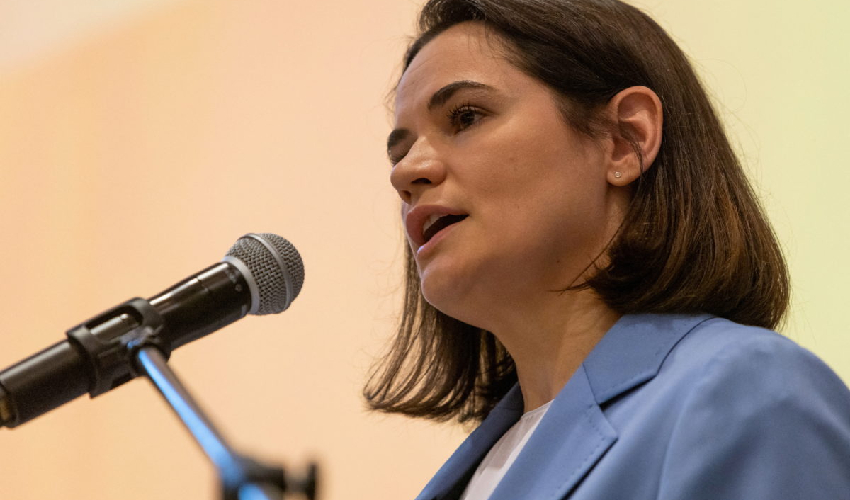
Sviatlana Tsikhanouskaya, a key opposition figure currently in exile in Lithuania following her challenge to Lukashenko in the 2020 presidential race, has called on voters to shun the elections.
Tsikhanouskaya criticized the lack of genuine alternatives on the ballot, asserting that the regime has only permitted compliant candidates to participate. She urged the populace to reject this purportedly meaningless spectacle and dismiss the illusion of choice. Tsikhanouskaya’s message was disseminated via video across public venues in Belarus on Saturday, facilitated by opposition activists who gained access to around 2,000 advertising screens. The Viasna Human Rights Center disclosed on Sunday that several employees of the screen-owning company had been apprehended in Minsk.
This election marks Belarus’ first electoral event since the contentious 2020 poll that secured Lukashenko a sixth term in office and sparked widespread protests.
The aftermath of the 2020 election saw sustained demonstrations across the country, drawing hundreds of thousands to the streets. Tens of thousands of individuals were detained, with many subjected to physical abuse while in police custody. Additionally, numerous independent media outlets and civil society organizations were forcibly closed down and outlawed.
To weather the storm of protests, Lukashenko has leaned on financial aid and political backing from his primary ally, Russia. In a show of solidarity, he permitted Moscow to deploy troops through Belarusian territory into Ukraine in February 2022.
The election is happening amidst a severe crackdown on dissent, with more than 1,400 political prisoners still incarcerated, including key figures from opposition groups and the well-known human rights activist Ales Bialiatski, a recipient of the Nobel Peace Prize in 2022.
The opposition has raised concerns about the potential for manipulation in the early voting phase that commenced on Tuesday, citing unprotected ballot boxes over a five-day period.
Official reports indicate that over 40% of eligible voters participated in early voting between Tuesday and Saturday. By 9 p.m. local time, the voter turnout stood at 72.98%, surpassing the 50% threshold required by Belarusian law for the election to be valid, as confirmed by the Belarusian Central Election Commission. Notably, voter turnout in Minsk, the capital of Belarus, was lower at 61.54% compared to other regions, with the wider Minsk area recording 74.2%.
According to the Viasna Human Rights Center, various groups such as students, soldiers, teachers, and civil servants were reportedly coerced to partake in early voting.
The authorities are employing various tactics to influence the outcome, including propaganda on television and pressuring voters to cast their ballots early. Incidents of detentions, arrests, and searches during the voting process have also been reported.
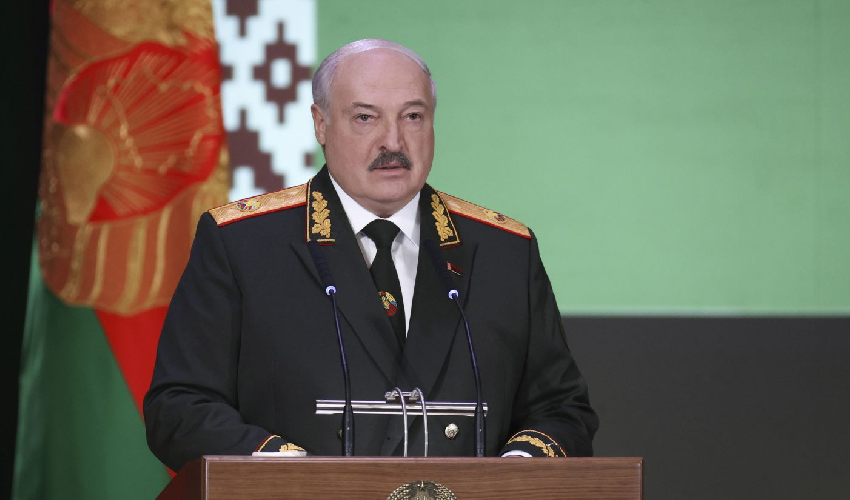
During a meeting with top law enforcement officials on Tuesday, Lukashenko accused Western nations of plotting a coup in Belarus without providing evidence. He instructed the police to intensify patrols across the country to maintain law and order.
Following the election, Belarus plans to establish a new governing body called the All-Belarus Popular Assembly, comprising top officials, local lawmakers, union members, pro-government activists, among others. This body will wield significant authority, including the power to propose constitutional amendments and appoint election officials and judges.
Lukashenko, who was previously contemplating leading the new assembly after stepping down, has now declared his intention to run in the upcoming presidential election next year.
Various measures were implemented during this election, such as removing curtains from voting booths and banning voters from taking photos of their ballots, unlike in the 2020 election where activists encouraged ballot photography to prevent manipulation.
Furthermore, Belarus declined to invite observers from the Organization for Security and Cooperation in Europe (OSCE) to monitor the election, a departure from past practices. The OSCE has consistently criticized Belarusian elections since 1995 for lacking fairness and freedom.
In response to the election, a U.S. State Department official labeled it a “sham” and urged the Lukashenko regime to cease its crackdown, release political prisoners, and engage in dialogue with political opponents.
Source: AP
